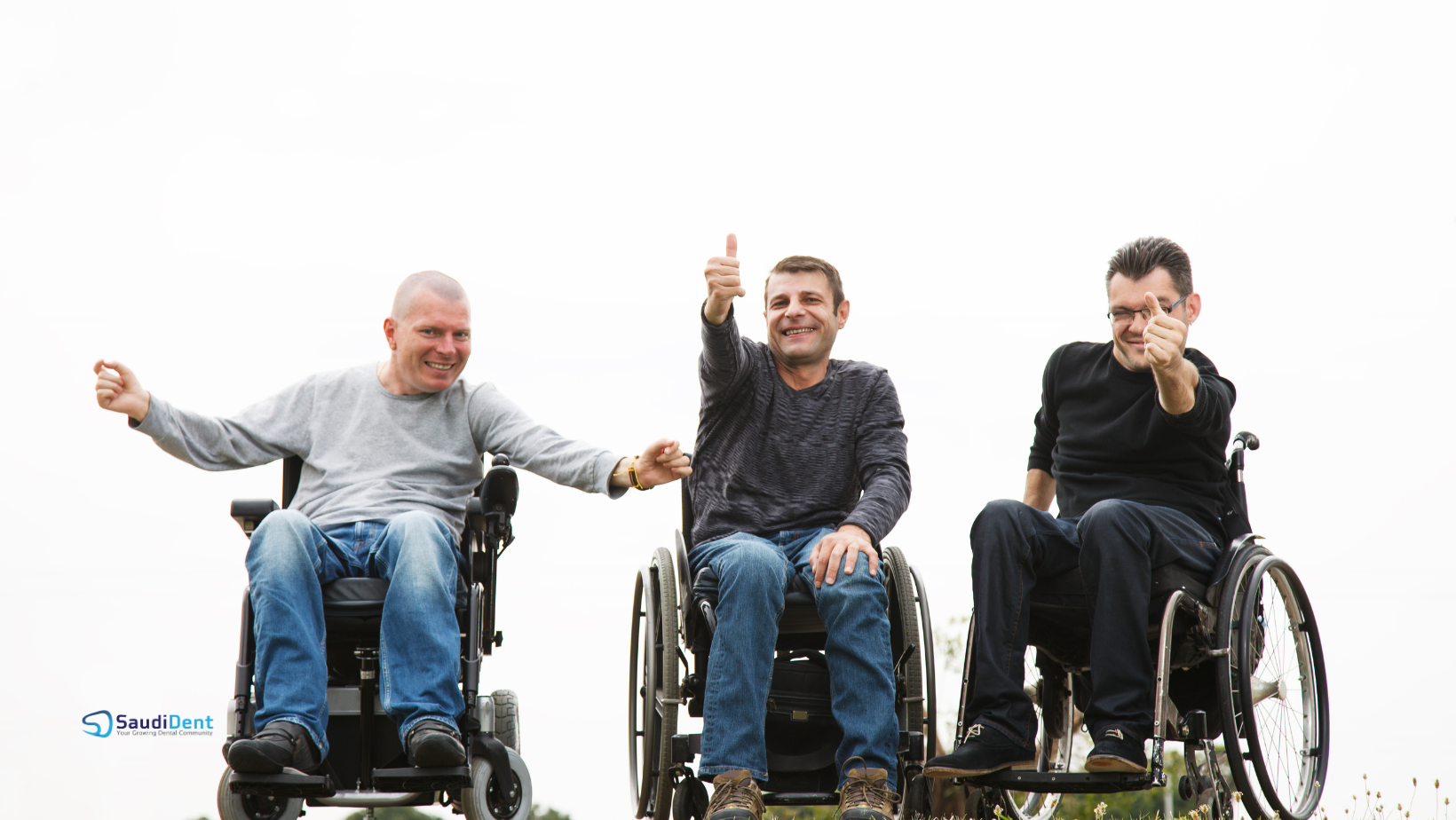By: Dr. Weam Banjar; Researcher
Health needs for people with disabilities are complex because of interaction between physical, mental, psychological, social, physiological, and economic determinants. Nevertheless, health of people with disabilities is linked to parents/ caregivers socioeconomic, education, and awareness status. Oral health for people with disabilities presents a unique challenge because referral to oral/ dental care is often dependent on health professionals literacy and awareness and parents/ caregivers’ acknowledgement of oral/ dental health concerns. Furthermore, dental/oral health professionals including dentists are not engaged in holistic health management for people with disabilities in most institutes. Therefore, the impact of oral health on physical and mental health is well documented. Given the medical issues that people with disabilities may suffer from, oral health maintenance is becoming a priority. The role of dental professional is pivotal to ensure delivery of high standard services and care and oral health policy makers and researchers should focus on building a model that allows for interaction between dental services and other health services.
Although the value of oral health in people with disabilities is well-documented and acknowledged by professionals, researchers, and policy makers, initiatives that supported integrated oral health services into health service packages for people with disabilities are moving forward slower than anticipated because of limited data available to evaluate needs, demands and problem magnitude. Holistic approach to address oral health concerns in people with disabilities require integrated clinical model is necessary to achieve the objective. Multidisciplinary activities should be designed to ensure the wheel of education, research, and clinical services are functional and interactive. It is important to revise national health research priorities to ensure inclusion of oral health and disability health into the list in order to establish evidence-based practice guidelines and policies. Caregivers and parents training on maintain oral hygiene for people with disabilities must be a priority to reduce the economic, medical, and psychological burden. Furthermore, dental, medical, and allied health professions academic institutes should revise the curriculum to respond to the rising need for a reform that ensure high standards disability friendly healthcare system.
Join the conversation! Share your thoughts on how we can improve oral health care for individuals with disabilities in the comments below.


